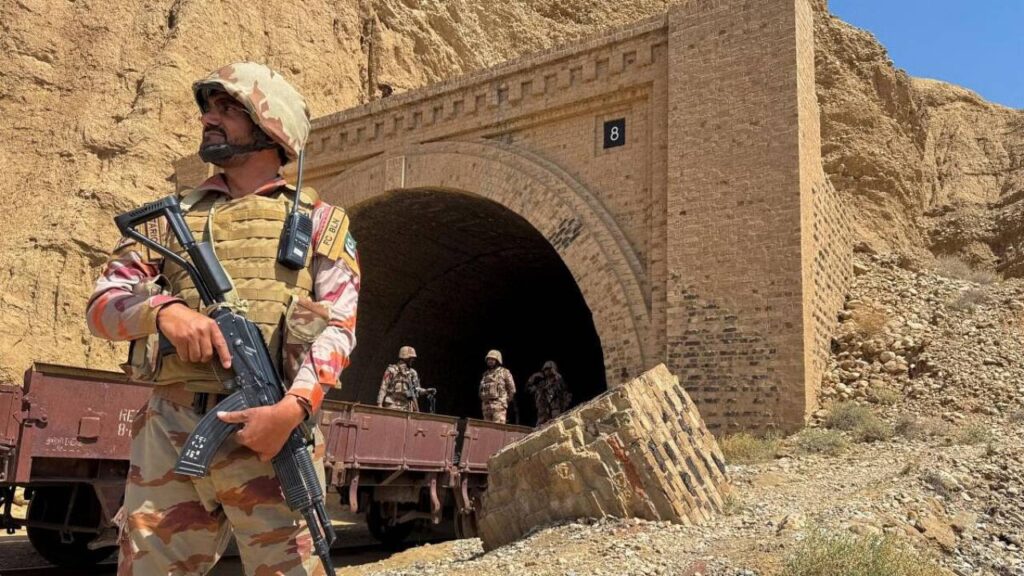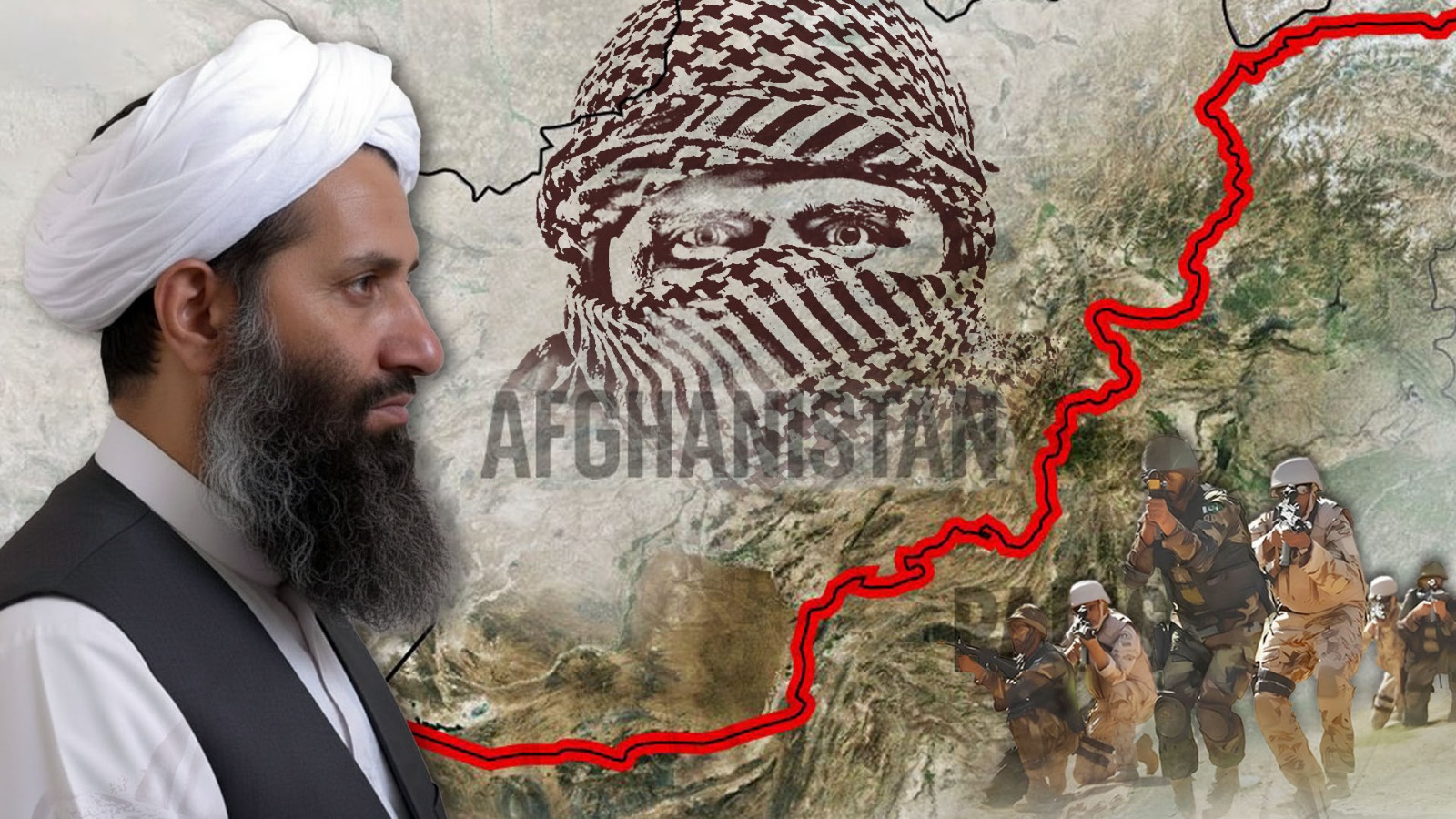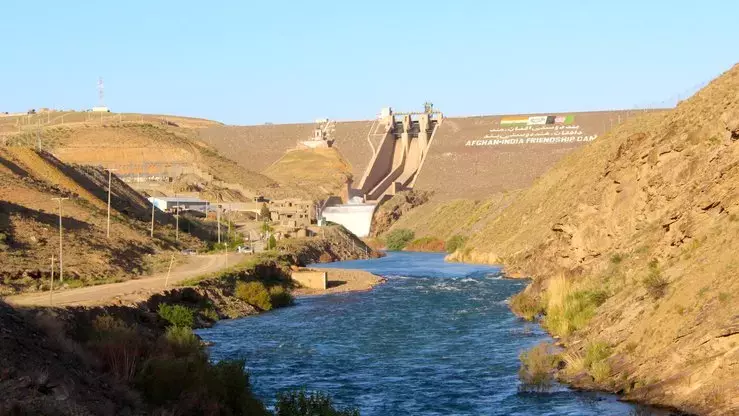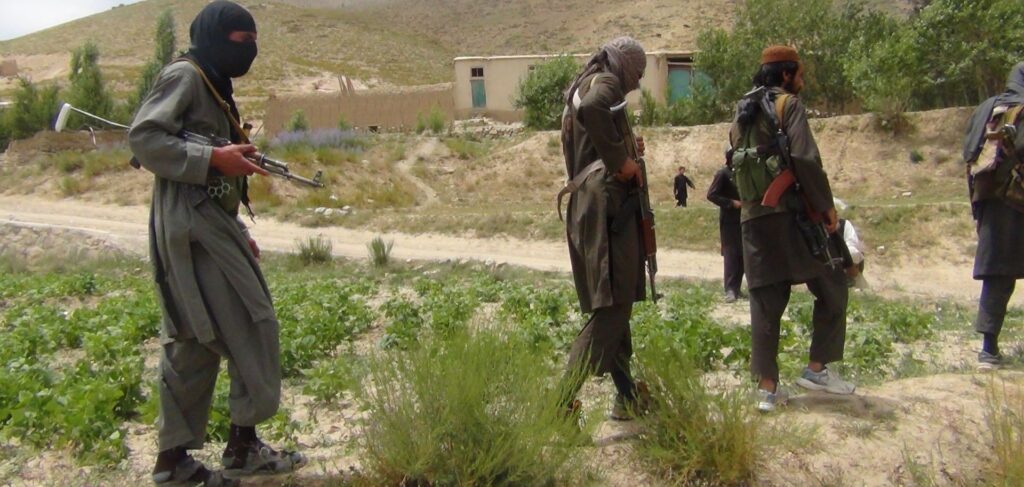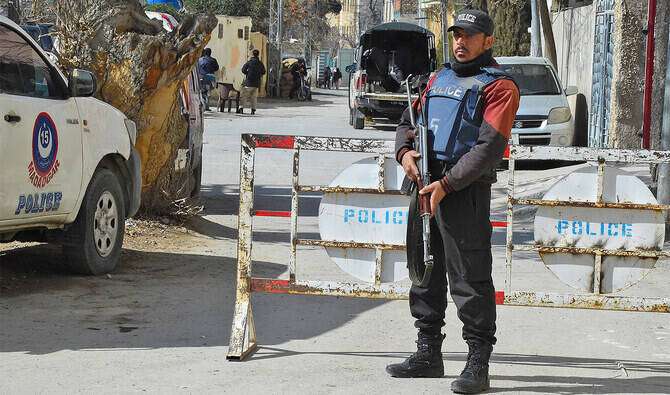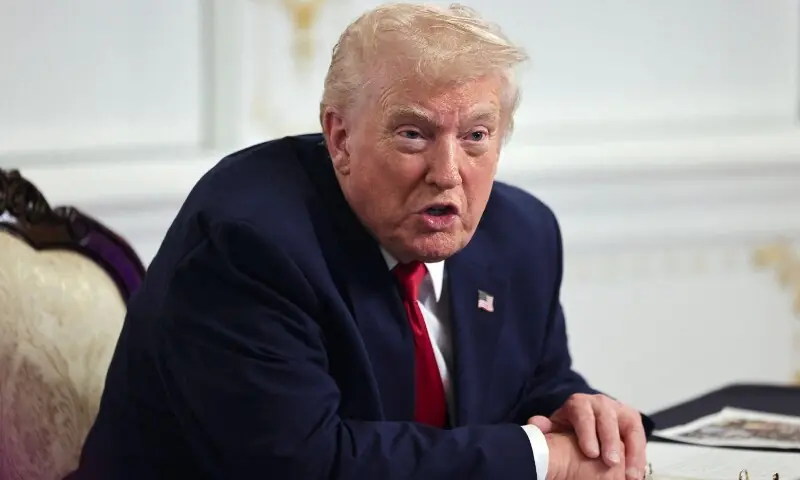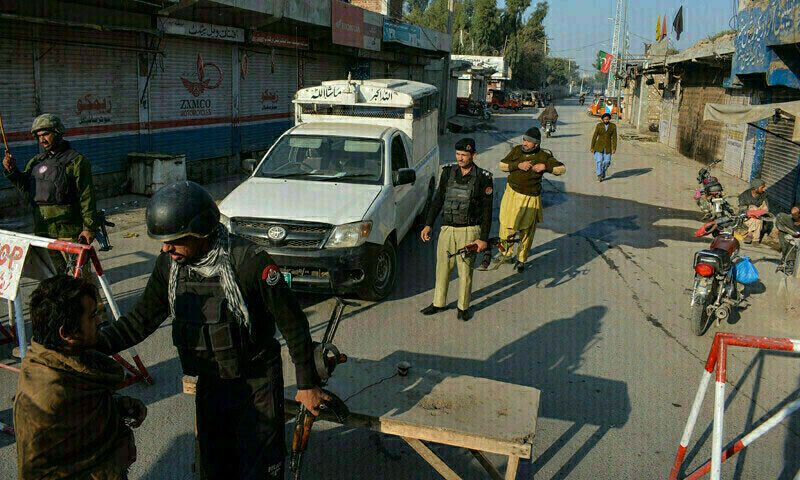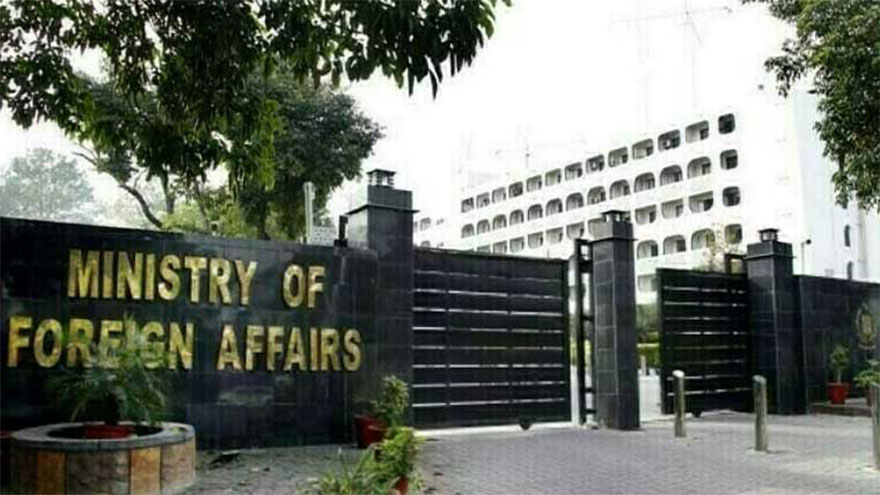For decades, Balochistan has remained a peripheral but volatile fault line in South Asia’s strategic map – a place where local grievances and great-power rivalries frequently intersect. Since the early 2000s, Pakistan has accused India of exploiting this unrest by backing insurgent groups like the Baloch Liberation Army (BLA), casting the rebellion as less an indigenous uprising and more a lever of regional destabilisation. Western capitals long treated these allegations with scepticism, yet a confluence of events has steadily reinforced Islamabad’s claims.
The March 11, 2025, hijacking of the Jaffar Express marked a turning point. No longer confined to remote borderlands, the Baloch insurgency had demonstrated reach, coordination, and symbolic intent. Over the years, BLA and allied factions have escalated attacks on strategic infrastructure and foreign personnel, particularly those tied to China’s Belt and Road-linked investments in Pakistan. Incidents such as the storming of the Chinese consulate in Karachi (2018), suicide bombing at the Confucius Institute at Karachi University (2022) and targeted killings of Chinese engineers (2024) form a pattern that disrupts both Pakistan’s internal stability and its international partnerships.
Islamabad’s case against New Delhi draws from three major episodes. The first came during the 2009 Sharm el-Sheikh summit, where India’s unexpected mention of Balochistan in a joint statement was interpreted by Pakistan as a tacit acknowledgement of involvement. The second, more direct, was the arrest of Indian naval officer Kulbhushan Jadhav in 2016, accused of orchestrating sabotage missions on behalf of India’s intelligence services. Most recently, in April 2025, Pakistan’s military held a press conference via its Inter-Services Public Relations wing, publicly presenting financial and operational evidence of Indian support to BLA and other anti-state actors.
It is against this backdrop – one shaped by decades of mistrust, proxy conflict, and regional competition – that the BLA’s May 11 communiqué must be understood.
The Baloch Liberation Army (BLA) issued a bombastic press statement on May 11, 2025, declaring that “a new order has become inevitable” in South Asia. The communiqué vehemently rejects claims that the Baloch insurgency is an outside proxy, portrays Pakistan’s state as a “terrorist” regime of broken promises, and boldly invites India to “eliminate” Pakistan with BLA assistance. Many of these themes echo longstanding Baloch separatist grievances – economic marginalisation and alleged state repression – but the tone and content mark a notable escalation. For example, the BLA proclaims that without foreign backing it has “rendered [Pakistan] helpless on mountain fronts, urban fronts and every other front,” and it promises to “drown [Pakistan] in its own blood” if New Delhi decides to act from the west. Such hyperbolic claims far exceed the group’s actual battlefield capacity (so far confined to parts of Balochistan).
The group insists it is “neither a pawn nor a silent spectator” and claims a “rightful place” in the region’s future strategic balance. Why did the BLA need to justify its position when it has long been claiming it is a liberation movement? Though the May 11 statement laments Pakistan’s “broken promises, backstabbing and terrorism” as historical motivations for rebellion, a narrative consistent with how Baloch insurgents have long described Pakistani policies, what is new is the BLA’s overt alignment with India: it calls on New Delhi for political and military support, vows to become “its practical and military arm” and urges other states to recognise Pakistan as a terrorist state. Historically, the BLA has largely denied being an Indian proxy, but it has also welcomed covert support from abroad. The recent statement tips those cards publicly.
The statement unmistakably reflects a defensive posture, an anomaly for a group typically assertive in its rhetoric. The communiqué fixates on distancing itself from ISIS and redirecting blame toward Pakistan. This reactive tone and the adoption of language that echoes Indian geopolitical narratives suggest a loss of narrative control or external pressure to reframe its messaging. The overemphasis on justification marks a rare moment where the BLA appears more concerned with salvaging legitimacy than asserting strength.
Another anomaly is the accusation that ISIS is “backed by the Pakistani state.” This line is nearly indistinguishable from Indian state narratives, particularly those amplified through media outlets and strategic messaging arms over the last decade. The omission of Tehrik-i-Taliban Pakistan (TTP) – a group that has at times shared operational space with the BLA despite ideological divergence – appears to be a calculated editorial choice, aimed more at reinforcing a strategic narrative than presenting an accurate picture of the insurgent landscape.
Framing Pakistan as a backer of ISIS plays into a globally resonant narrative of counterterrorism. However, referencing TTP complicates the message. TTP is already recognized as a terrorist group operating against the Pakistani state. Including them would dilute the propaganda value of portraying Pakistan solely as a state sponsor of terrorism.
This raises an important question: who benefits from this particular framing?
The Indian state has long maintained that Pakistan sponsors terrorism, using that claim to justify its policies in Kashmir, diplomatic isolation of Pakistan, and increasingly, its outreach to Western policymakers. By inserting familiar Indian tropes, such as calling Pakistan a “creator of terrorists” and accusing it of global nuclear brinkmanship, this statement seeks not to liberate Balochistan but to validate a regional containment strategy.
Though India officially denies sponsoring violence, it clearly seeks to weaken Pakistan strategically (for example via public support for Kashmiri or Baloch activists). The BLA’s language dovetails with India’s long-standing narrative, explicitly calling Pakistan a “terrorist state” and urging the international community to “treat it accordingly.” This mirrors New Delhi’s recurring calls for Pakistan’s global isolation, implicitly advocating measures like severing diplomatic ties, a refrain often echoed in both official and public Indian discourse.
Author
-
Elsa Imdad Chandio is a Research Fellow at the Center for Research and Security Studies (CRSS), specializing in regional stability and cross-border engagement. Her work centers on youth-led peacebuilding, human rights, climate resilience, and transnational security challenges.
View all posts

